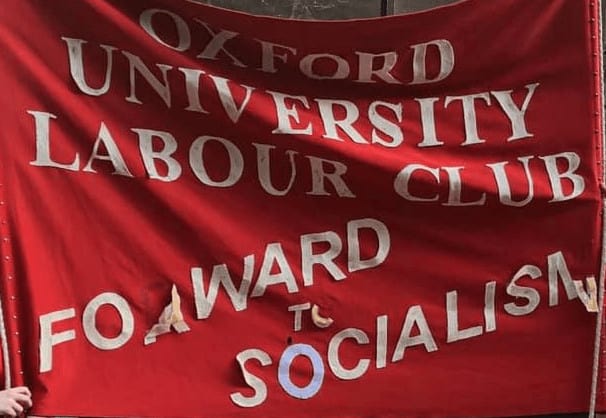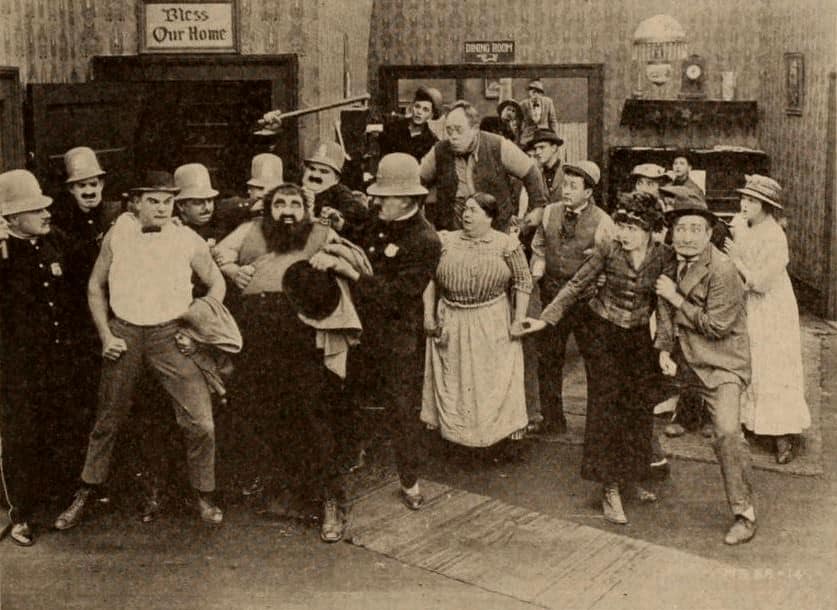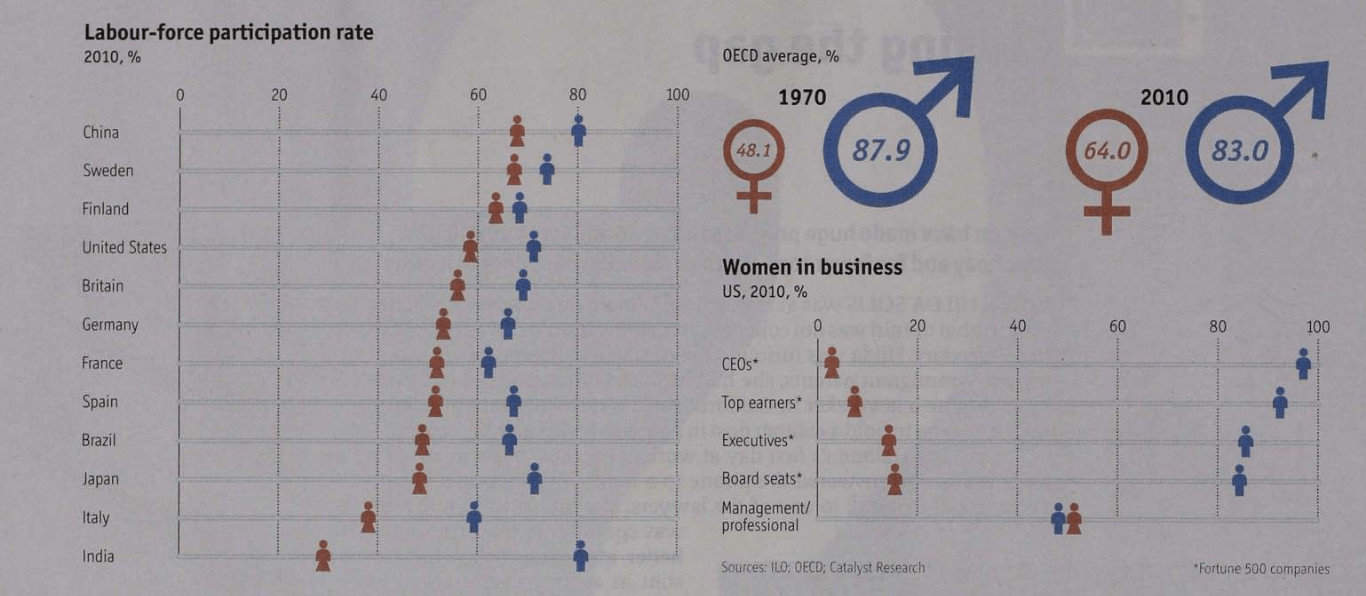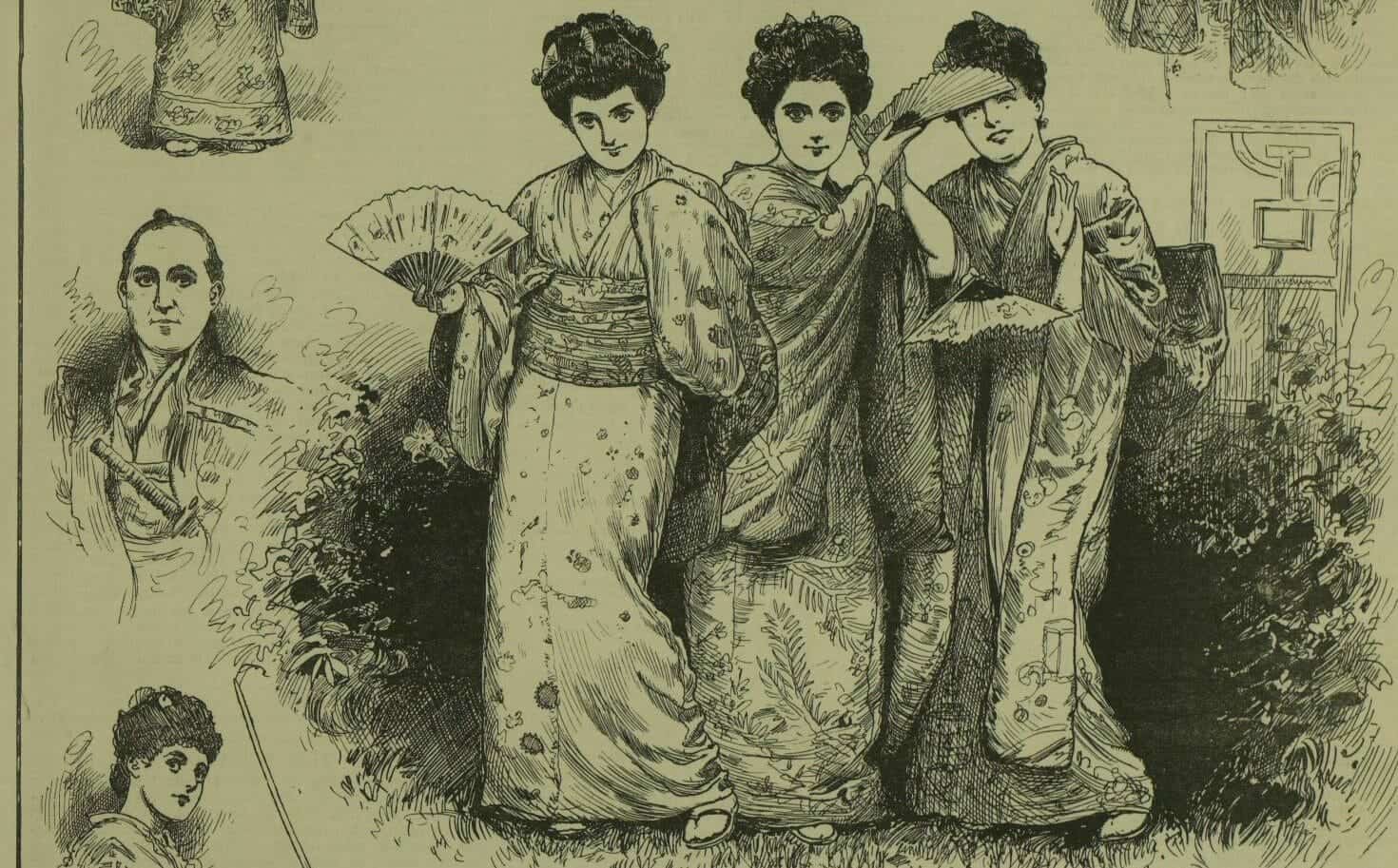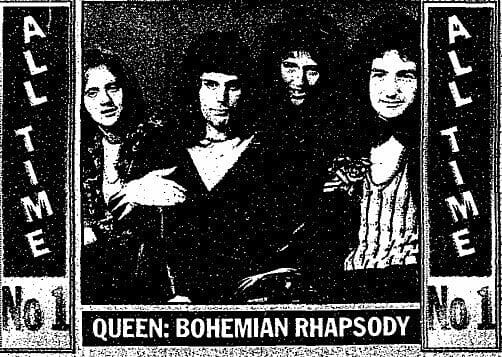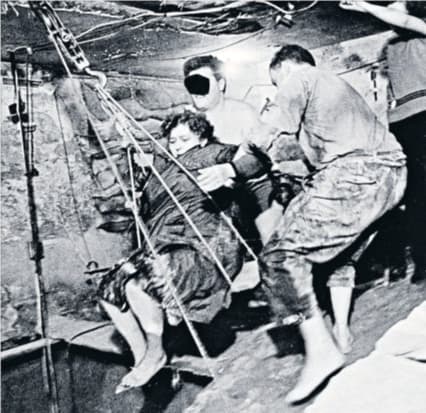| By Grace Davis, Gale Ambassador at the University of Oxford |
The term “primary sources” gives me slightly traumatic flashbacks to my History GCSE when, as a baby academic, I had to explain how a picture can present a biased interpretation of the world. Now, a more grown-up (though not fully fledged) academic, the idea of “primary sources” is not as scary, but I often still find myself shying away from using them in my academic work. I’m happy to announce, however, that primary sources can be used for more than your university essays! Gale Primary Sources includes millions of pages of primary sources on almost every topic imaginable, including your hobbies and topics of interest beyond the lecture theatre. Once you start unearthing primary sources about things that fascinate you outside your degree, you may just develop greater confidence and familiarity with them and start feeling more comfortable incorporating them into university work too!

